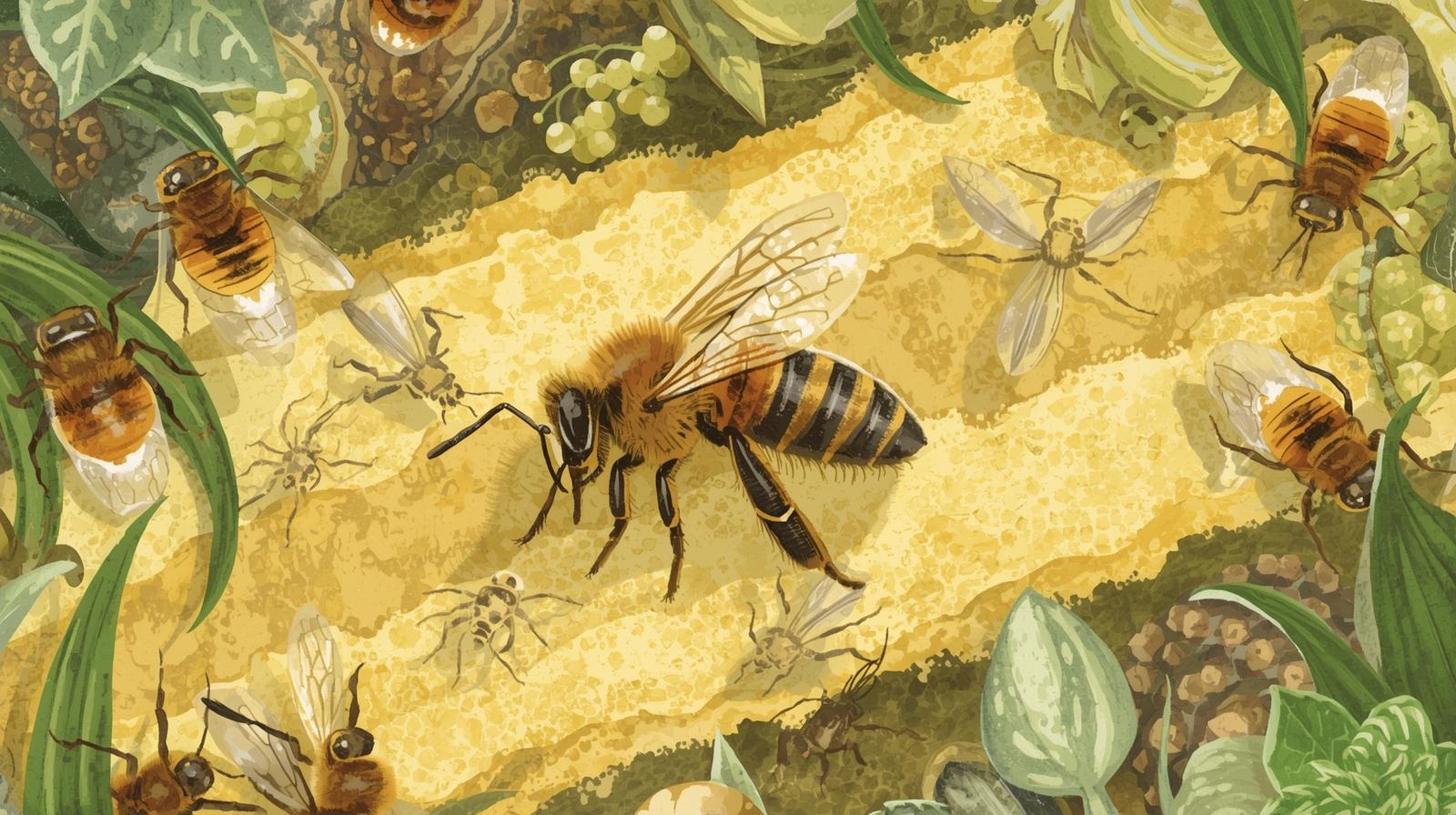Bats: The Unsung Heroes of Pest Management in Smallholder Farms
Agriculture in smallholder farming systems faces a major challenge: crop-damaging pests that threaten food security and livelihoods. Traditionally, chemical pesticides have been the first line of defense, but rising concerns about pesticide resistance, human health hazards, and environmental degradation call for eco-friendly alternatives.
A groundbreaking study from central China highlights the role of insectivorous bats as natural pest suppressors, offering a sustainable, chemical-free solution for pest management.
Why Bats Matter in Smallholder Farming Systems
Using DNA metabarcoding technology, researchers analyzed the diets of seven common bat species and found they consumed over 75 major agricultural pests, including:
- Lepidoptera (moths, armyworms) – known to damage cereals like rice, maize, and wheat.
- Diptera (mosquitoes, flies) – vectors of diseases affecting humans and livestock.
- Coleoptera (beetles) – destructive to crops like corn and soybeans.
Surprisingly, bats also targeted vector pests like Culex mosquitoes, potentially reducing the spread of diseases like malaria and filariasis.
Key Findings from the Study
- 19 Orders of Arthropods Detected: Bats consumed a diverse range of pests, reflecting their role in maintaining ecological balance.
- Dietary Niche Differentiation: Different bat species preferred different pest groups, reducing competition and maximizing pest suppression efficiency.
- Morphological and Acoustic Traits Matter: Body size and echolocation abilities influenced prey selection, shaping dietary niches.
Researchers concluded that landscape diversity in smallholder farms enhances both arthropod diversity and bat-mediated pest control services.
Benefits Beyond Pest Suppression
- Reduced Chemical Pesticide Dependence – Lower costs for farmers and fewer environmental risks.
- Improved Public Health – Control of disease-spreading insects like mosquitoes and flies.
- Biodiversity Conservation – Supporting bats helps maintain healthy ecosystems.
Implications for Integrated Pest Management (IPM)
This research reinforces the idea that bats should be integral to Integrated Pest Management (IPM) programs. By conserving bat habitats—like karst caves and agroforestry landscapes—farmers can harness natural pest control, reducing chemical usage and enhancing agricultural sustainability.
Conclusion
Bats are more than nocturnal creatures; they are ecological allies in the fight against crop pests and vector-borne diseases. Integrating bat conservation into farming practices offers a win-win solution for food security, environmental health, and rural livelihoods.
As agriculture faces the dual challenge of increasing productivity and reducing chemical dependence, bats may hold the key to a greener, healthier future.
Reference
Liu, Y., Geng, Y., Huang, Z., Feng, J., & Jiang, T. (2024). Pest suppression services and dietary niche differentiation of bats in Chinese smallholder farming systems: implications for integrated pest management. Journal of Pest Science, 97(3), 1587–1603. https://doi.org/10.1007/s10340-023-01721-6







